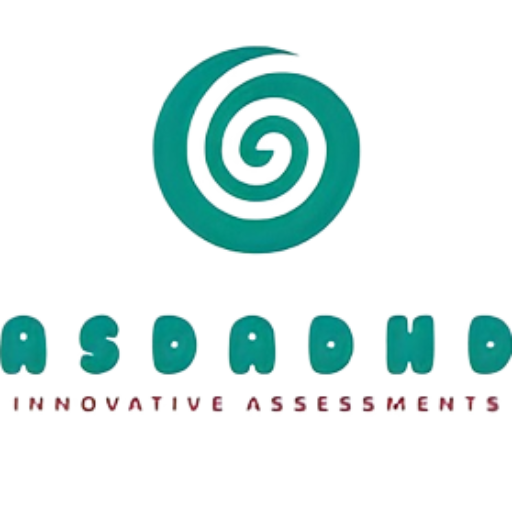1 Oct, 2023 | anishdr | No Comments
Addressing Attention-Deficit/Hyperactivity Disorder (ADHD) in Children at Adhddoctor
Overview
Attention-Deficit/Hyperactivity Disorder, commonly known as ADHD, is a longstanding disorder affecting a large number of children, often persisting into their adult years. This disorder manifests as a combination of enduring challenges like sustained inattention, heightened activity, and impulsiveness. Children diagnosed with ADHD frequently encounter issues with self-esteem, social relationships, and academic performance. While the symptoms may alleviate over time for some individuals, others may continue to experience them but can learn coping mechanisms. Although no cure is available, effective treatments can significantly mitigate symptoms, primarily through medication and behavioral methods. Early detection and intervention can considerably improve the outcome.
Symptoms
The main characteristics of ADHD are inattention and hyperactivity-impulsivity. These symptoms usually become noticeable before a child reaches 12 years of age, and in some cases, even as early as age 3. The symptoms can range from mild to severe and may persist into adulthood. The incidence of ADHD is notably higher in boys than in girls, and the manifestations of symptoms can differ between the genders. Boys are typically more hyperactive, whereas girls may be more inattentive.
There are three distinct ADHD subcategories:
Predominantly Inattentive: The primary symptoms are categorized under inattention.
Predominantly Hyperactive/Impulsive: Most symptoms are related to hyperactivity and impulsiveness.
Combined: This subtype encompasses a mixture of inattentive and hyperactive-impulsive symptoms.
Inattention
A child displaying predominantly inattentive symptoms might often:
Overlook details and make inadvertent errors in school assignments
Struggle with maintaining focus during tasks or recreational activities
Seem to ignore direct communication
Experience challenges in following instructions, thus failing to complete school assignments or household chores
Struggle with organization in tasks and activities
Evade or show reluctance towards tasks that require a mental effort, such as school assignments
Misplace essentials for tasks and activities, such as toys or pencils
Get distracted easily
Frequently forget daily activities, like chores
Hyperactivity and Impulsivity
A child manifesting a pattern of hyperactive and impulsive symptoms could often:
Tap their hands or feet or wiggle when seated
Struggle to stay seated during classroom activities or other settings
Seem to be always on the move
Engage in inappropriate running or climbing
Find it hard to engage in activities quietly
Be overly talkative
Give out answers before the question is fully asked
Show impatience in waiting for their turn
Interrupt or barge into conversations or games
Typical Developmental Behavior vs. ADHD
It’s common for healthy children to occasionally show signs of inattention, hyperactivity, or impulsivity. Especially among younger children, short attention spans are ordinary, as is their inability to stay engaged in a single activity for an extended period. Moreover, kids are naturally energetic and may remain so even when adults are exhausted. A child should not be labeled as having ADHD just because their behavior differs from peers or siblings.
When to See a Doctor
If you suspect your child might have ADHD symptoms, consult with your pediatrician or family physician. An initial medical evaluation is crucial to rule out other possible causes for your child’s behavior. Your primary care doctor might then refer you to a specialist like a developmental-behavioral pediatrician, psychologist, or neurologist specializing in pediatric care for a more thorough evaluation. At Adhddoctor, we provide a comprehensive assessment and treatment plan for your child following the most current NICE Guidelines.
Contact Adhddoctor today for an appointment, and take the first step towards managing your child’s ADHD symptoms effectively.

Write Reviews
Leave a Comment
No Comments & Reviews